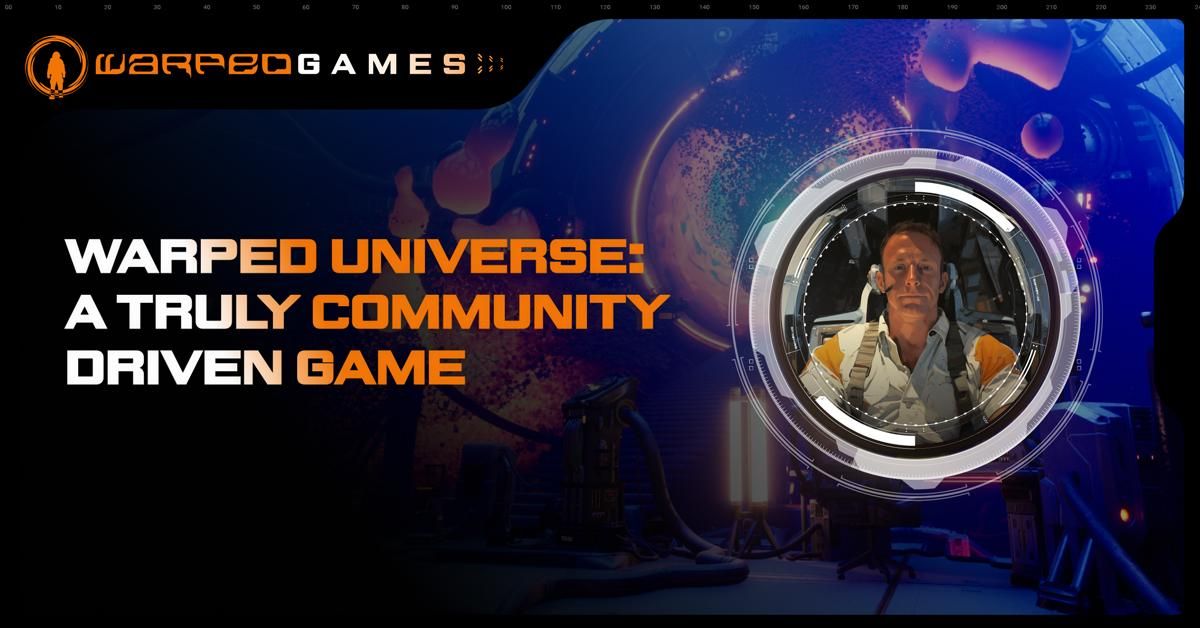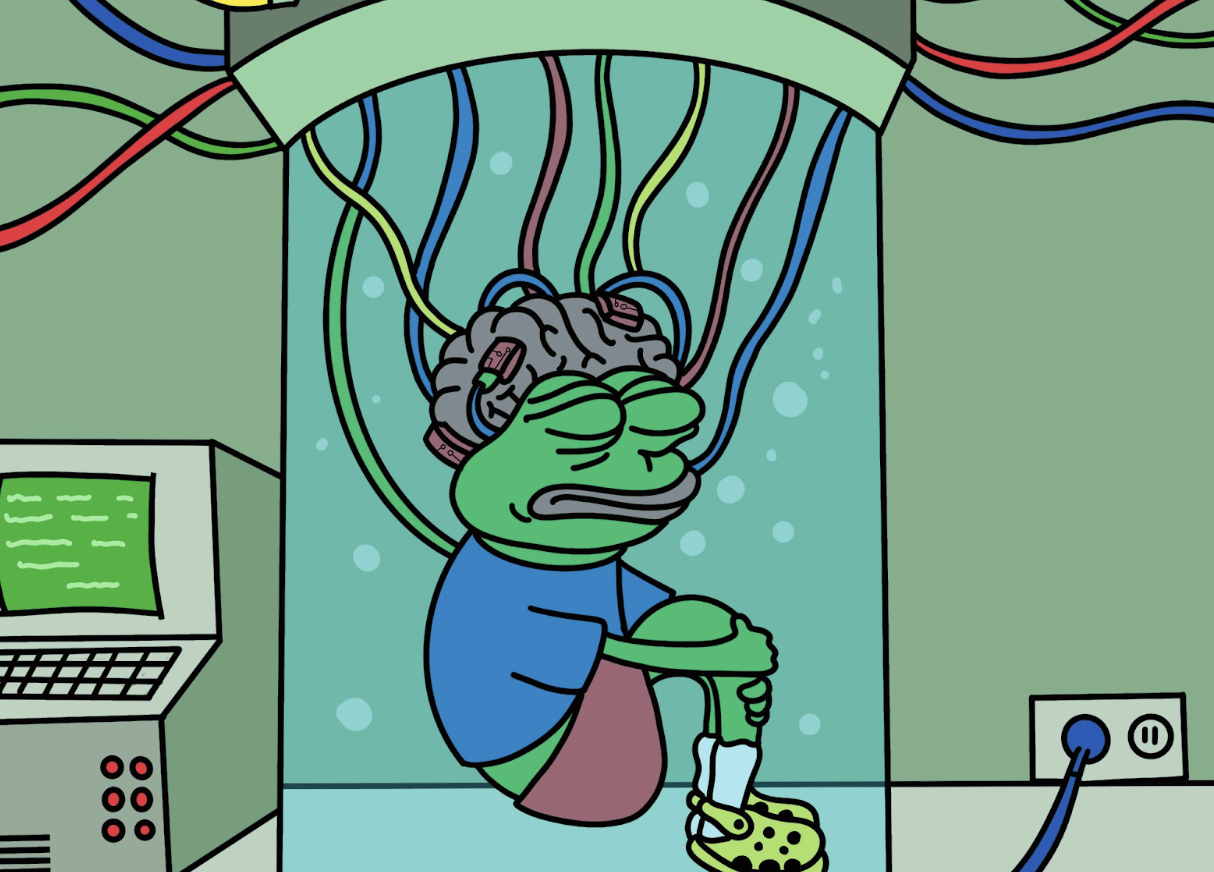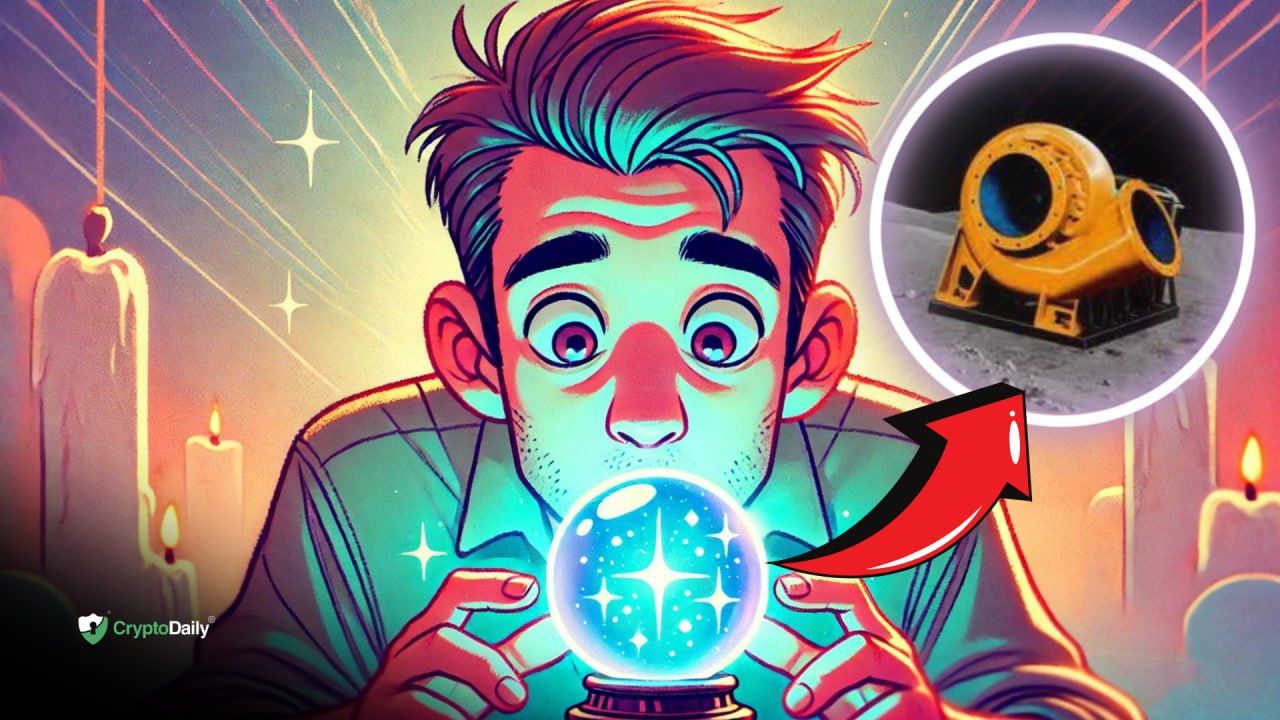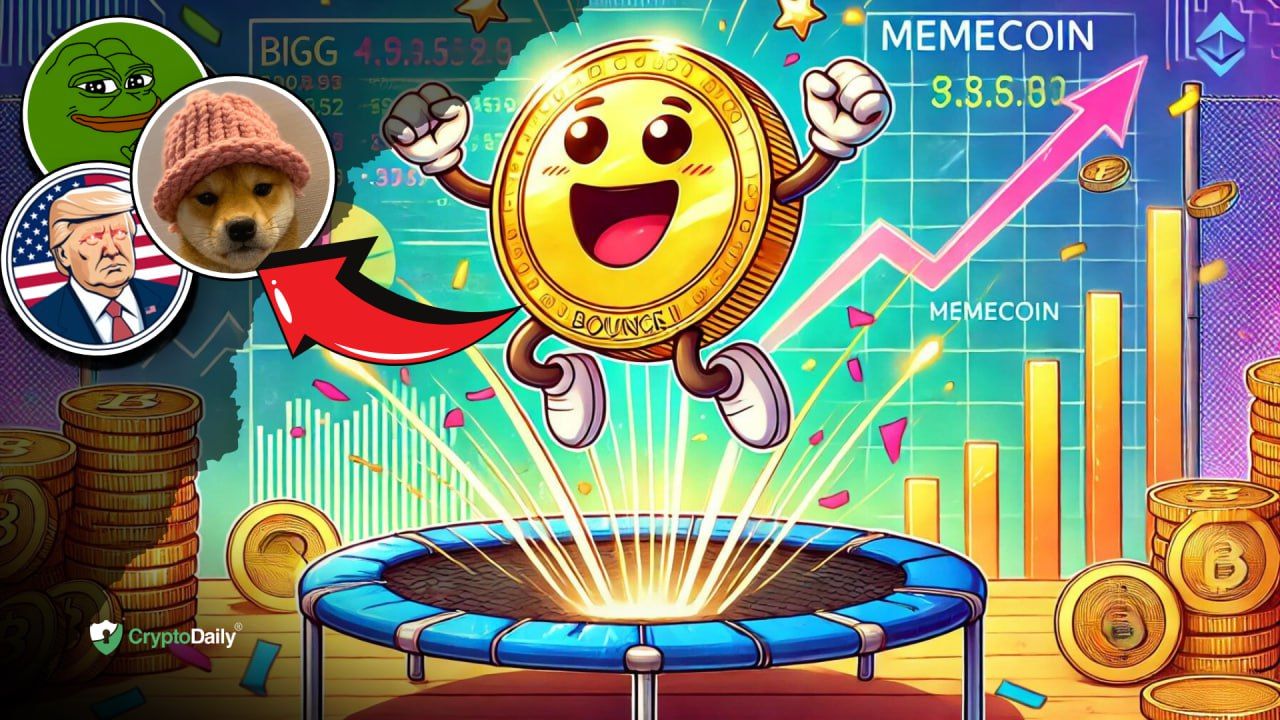The future of Web3 gaming is becoming less and less of a mystery as AAA games hit the market, major studios begin to release demos and beta tests after years of investment, and startups build on promising premises with bootstrapped budgets. What most Web3 games have in common, however, is trying to stand out from the competition.
Scott Brown, President and Lead Game Developer at Warped Games, walked away from STARL with his team after issues with the project’s founders. Now, he knows exactly what it takes to scale a Web3 game ($STARL reached over $900m in total market cap), and he’s giving it a more reasoned attempt. Warped Games and the Warped Universe form the most recent part of his decades-long experience in games development. Having run his own game development company, NetDevil and working with the likes of Disney on Lego Universe, he is now leveraging Web3 in a revolutionary way with his loyal friends and team beside him.
The vision for Warped is bigger than just Web3, Scott explains,
“We don't think that the Web3 game audience is big enough to build a traditional game that can be successful on its own. We also think that there are gamers out there who will come to the Web3 space despite all the negatives associated with NFTs and blockchain gaming. Once they see that there can be an actual fun, good game first, then they can come in and realize the value of digital ownership and ease into an understanding of why it's good for them.”
This time, the community comes first. Scott and his team have paid close attention to the wants and needs of the Web3 gaming community, and as a startup without a live game yet, this is crucial. By tapping into the wider community, looking at similar titles, and finding inspiration for Warped Universe, the Warped team can, in theory, create something that is user-centric and in-demand, even before anyone plays it.
“We really want the community to be involved in the design of not just the art, but the business of Warped Universe,”
he explains, telling us that the community will be able to vote on things like internal pricing, what should be free or paid for, what’s inside a Season Pass, and how much will it cost. He calls this “Game as a Service”, and says players will have the chance to vote on the game’s development, for example, voting on whether the game developers should focus more on space combat or more on ground combat updates.
He explains that their voting mechanics make them a unique proposition from other Web3 games,
“Token holders influence the game at a higher level. What's going to be happening next in the game? Where is it going? There are a lot of games that have tokens inside the game, where you're buying the tokens which are buying things in the game. They’re different things. Our token is influencing the game, more than it influences the day-to-day gameplay”.
He adds,
“I think this makes for a very cool and unique relationship between token holders and Warped Universe.”
While tokens, NFTs, and wallets are often needed to access Web3 gaming titles, that friction has cost the space dearly.
“Our whole thought process with our last project was to make owning a wallet integral. You're going to have a wallet first and you'll log in with your wallet. We wanted to make that the way you came into the project. That turned off so many players right from the beginning. This time we said no, that's the wrong starting point,”
Scott explained, before thoughtfully adding,
“A wallet shouldn't be where you start, the game should be where you start.”
Scott was keen to reiterate that blockchain tech can improve the gameplay by focusing on the user experience, not by being all about blockchain technology. He explains,
“We don't want Warped Universe to be known as a blockchain game - we feel like that was the mistake we made before.”
Of course, no development comes without challenges, so we questioned Scott about what hurdles he envisions on their journey, especially when he considers his previous experiences building games in Web3 and traditional gaming. He explored how STARL was a cryptocurrency that tried to build a game on top and failed because of being wallet-first and with poor product-market fit. He also referenced his time working at Lego Universe, where they tried to take real-life Lego builders and put them on a computer. Again, it was a mismatch. Scott took a moment to reveal his thought process,
“I took those two experiences and I asked ‘What do we do here? Who is our user? What do we want to start with?’. Well, we wanted to start with gamers and to get gamers, we’re going to start a gaming platform. We’re going to bring gamers to a gaming platform. So all of our decisions have been ‘How do we bring gamers first?’ No wallet requirements, no blockchain talk, and no costs to play. Let’s just show you a great game.”
Finally, we talked about the art. Having seen an exclusive preview of the Warped Universe, we wanted to know where the inspiration came from. There seems to be nothing similar on the market. Scott revealed that
“One of the things about making a game, and especially a Sci-Fi game, is how do you stand out in someone's mind? How are you memorable?”
“With Sci-Fi especially, it's so easy to fall into the same trope of big gray spaceships in this black, starry background. You just start to look like every other space game that everyone's seen a thousand other times. It's so easy to just blend in with all the others, so we sat down and we just brainstormed over and over about what is going to make us special. What's going to make Warped stand out? What does it mean to be Warped?”
To stay up to date with everything Scott and his team are doing, including a part two follow-up to this insightful interview, you can follow them on X/Twitter or check out their website.
Disclaimer: This article is provided for informational purposes only. It is not offered or intended to be used as legal, tax, investment, financial, or other advice.
Investment Disclaimer










